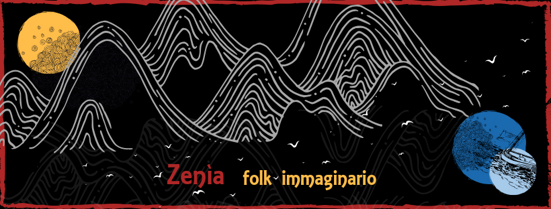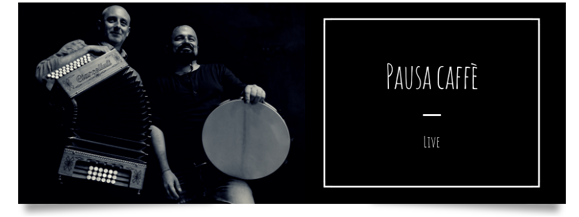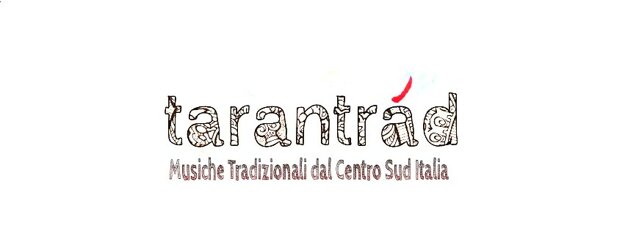© 2025 Davide Roberto
"The most beautiful song is the one we never played!" (Pasqualino Ubaldini)
In my Musical Journey I walk with...
Migala was founded in 2008 from an idea by Davide Roberto and Emilio Quaglieri. Initially, the band was created with the aim of reviving the traditional folk repertoire of Southern Italy; in fact, the name “Migala” comes from the surname of Giuseppe Mighali, a famous spokesperson for the popular musical culture of Salento, known to everyone as “Pino Zimba.” The group then embarked on a musical journey where ethnic sounds (Afro-Mediterranean, Balkan, Latin, and Irish) meet the folk sounds of Southern Italy, combining the various musical backgrounds of the band members, seeking a personal interpretation of folk music and world music, in a world that is increasingly considered a “Global Village.” Migala thus aims to establish a cultural bridge between different musical styles, to express a “Culture of Peace and Meeting Between Peoples.” The repertoire offered consists mainly of original compositions, and original arrangements of the traditional repertoire of Southern Italy.
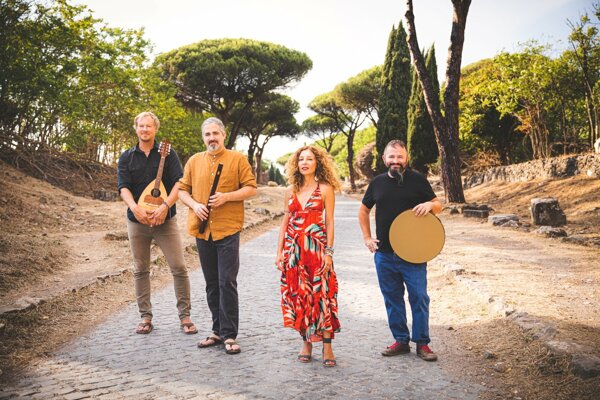
Zafarán crosses time and borders and incorporates musical traditions from all over the Mediterranean, weaving together such diverse threads as songs from southern Italy, Sephardic love songs, Romani laments, and popular Turkish and Greek melodies. With driving rhythms, virtuosic improvisations, and the powerful voice of the multi-award-winning Italian singer Carmen Marsico, Zafarán connects languages and cultures with its own eclectic blend of musical styles, combining deep traditions with original songs and ideas.
The word "zafarán" derives from Arabic via Old Persian, meaning "yellow" or "saffron." The most precious of all spices, saffron has been cultivated in the Mediterranean basin since ancient times. In Lucania, Carmen's native region, the local dialect uses "zafarán" to refer to the long, sweet red peppers of Senise (PZ), famous throughout Italy and beyond.
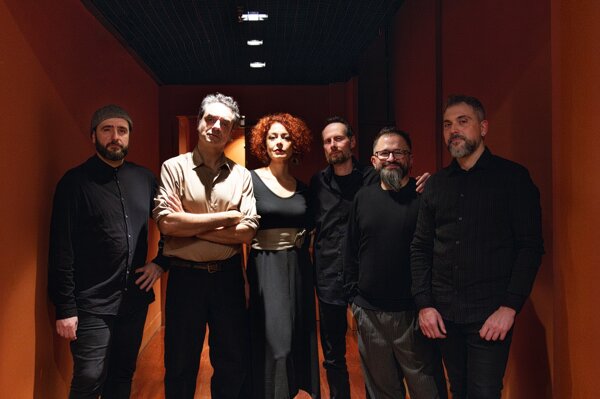
Unnaddarè, (in southern Sicilian “everywhere”) is a project founded by Maurizio Catania in the mid-2000s.
With the production of the first three albums, the collective represented the balance between the roots of folk and Mediterranean music and the contemporary world dominated by electronics.
The fourth album, to be released in the spring by Moonlight Records, will be entirely ‘acoustic’, and will be called Crivu, (a sieve used to separate flour from the waste not filtered by the mill)
New and minimal arrangements highlight the affinity of the collective, which has been working together live for several years now. The Sicilian idiom is at the center of the group’s lyrics and sound, (in the previous ‘Sbiezzi’ there were several idioms) and emphasizes the importance of the local language and tradition, crossing the Mediterranean, among its rich cultural and musical heritage.
Crivu is the sieve that filters the essential and leaves the superfluous. It is the idea of minimal music that is born in the deep south of Europe, where the hope is to revive the soul of the Mediterranean tradition of hospitality and peace and its lively mix of cultures, colors, and sounds.

Mosaique- Musical project created to pay tribute to the Music and Musical Journey of Pasqualino Ubaldini, composed of "musical tiles", like a sound mosaic between World and Folk Music, Jazz and Traditional Popular Music.
Imagine a country. Place it on the earth, nestled between mountains and the sea. Invent a language, customs, and traditions. And then tell its history, legends, characters, and memories through music. This is Zenìa.
In bringing this visionary project to life, four musicians who have been active and well-known in the folk scene for years break away from any geographical reference to present the original music of an imaginary country, which they have named Zenìa. The concert offers a fantastic "guided tour," where “traditional” songs in the original (imaginary) language of the place are presented by telling the (imaginary) local traditions.
Listeners will thus be invited to sit at the tavern overlooking the little port of Zenìa, to taste its dishes and then, from time to time, to share in its festivals, celebrations, and daily life, always accompanied by music. Like every real journey, even the imaginary one to Zenìa leads to discovering the unknown, but also and above all, something about ourselves.
Pausa Caffè Live - From European balfolk to traditional Italian dances, passing through Piazzolla and Pat Metheny, more than just a concert, it is a true and uncompromising "exploration" of the infinite expressive potential of the diatonic accordion and percussion (cajon, tambourine, and various percussion instruments).
Tαrαntrάd is to travel through Central and Southern Italy accompanied by the sounds and dances linked to popular musical traditions.
A moment of "Festa a Ballo" in which tarantellas, serenades, scottish, waltz, polka, mazurka, pizzica, tammurriate, saltarelli and folk revival songs are performed.
A musical project curated and directed by Davide Roberto.
.png)
